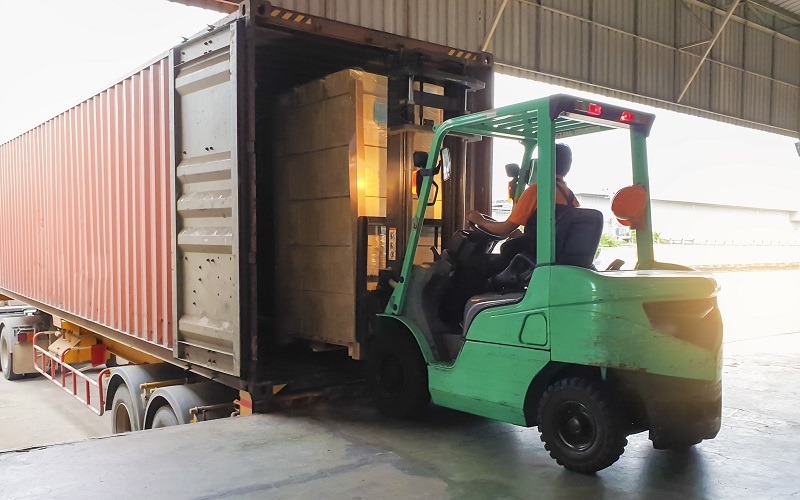The ability of nations to trade with one another, so that each country can focus on exporting its specialty and importing what it cannot produce, has helped increase prosperity for many years. However, trade between countries can get very disorderly at times. To prevent this, trade agreements, which organize trade and provide some level of stability and predictability, are necessary to manage commercial activities. Usually, these agreements are signed by a group of nations to boost economic growth.
Developing countries with low levels of economic resources have greatly benefited and advanced their economies with strategic trade agreements. Below are two main ways they have helped the countries.
Reduction in Poverty
Trade creates wealth, and trade agreements help developing countries by providing access to affordable commodities, foreign investments, and export earnings, leading to an overall improvement in living. According to the World Bank, global trade has lifted millions of people out of poverty. In fact, the developing countries' share of global trade rapidly grew from one-third in 2000 to nearly 50% in 2017.

When a country can import goods and services which are not readily available within its territory, it allows people to access cheaper goods that otherwise would be more expensive. Since developing countries have low levels of economic resources, entering trade agreements has led to more exports and foreign investments while increasing the availability of resources such as labor, capital, natural resources for production, and finished goods. This increase has contributed immensely to lowering poverty rates while boosting economic growth.
Increased earnings
Most developing countries have agriculture-based economies. They produce and export several cash crops such as cocoa, coffee, rubber, etc., which are wanted by other countries that do not produce enough crops, or at all.
Developing countries often export these commodities for direct income, while also attracting foreign investments to add value and produce consumer goods to meet local demand. For example, the Africa Growth and Opportunity Act (AGOA) of the U.S. has helped enhance market access for qualifying sub-Saharan African countries. These benefits are the main reasons why developing countries usually seek trade agreements with developed countries. However, a recent trend of developing countries going into trade agreements with one another is allowing firms in these countries to export to smaller, nearby markets and gradually build their ability to export to large, more distant markets.
At EXIMA, our ultimate aim is to provide you with all the knowledge we have on international trade. For more trading information, make sure to check out our other articles here!









